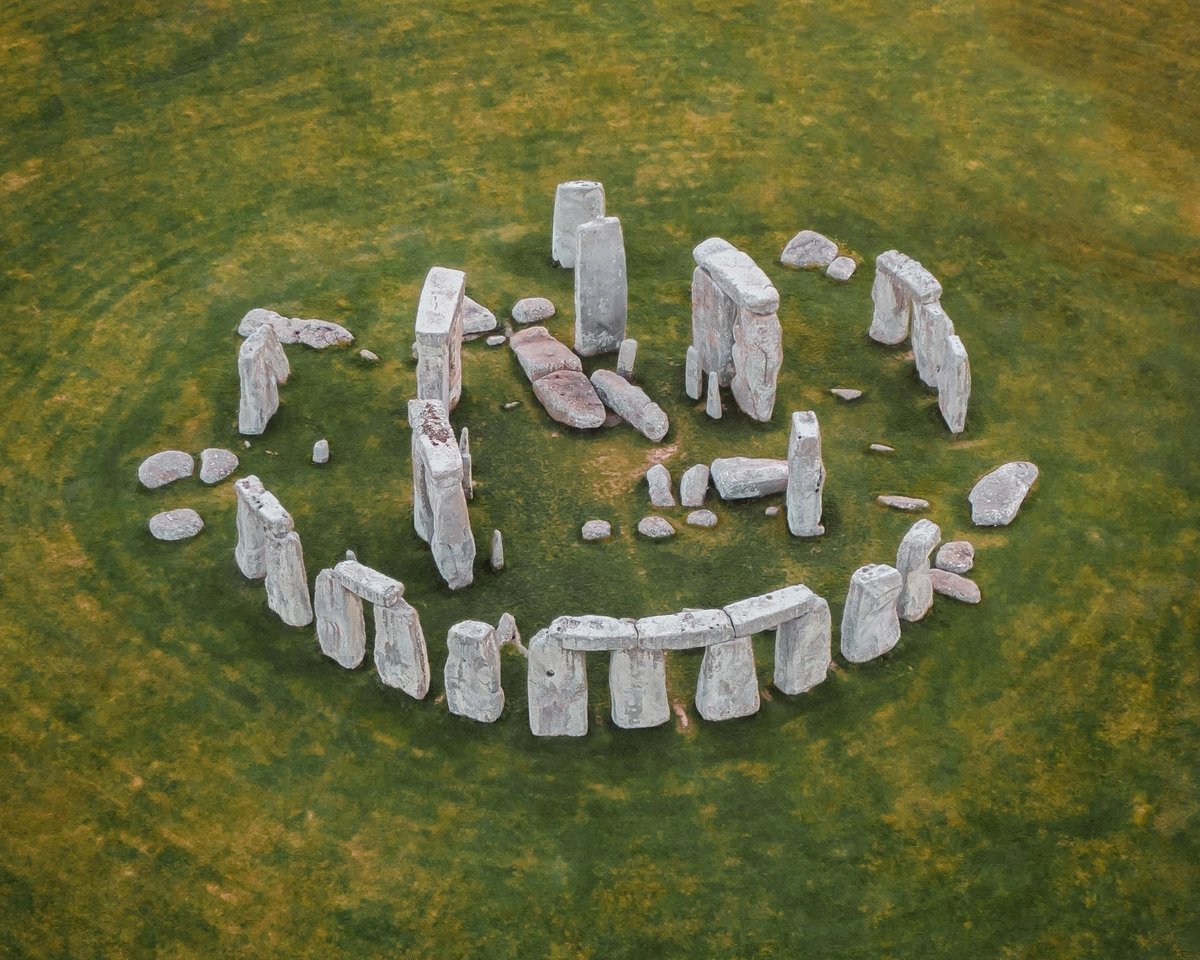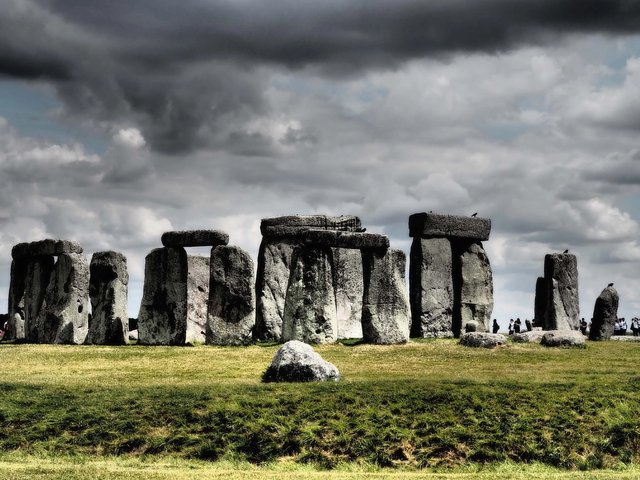A plan to add Stonehenge to Unesco's “World Heritage in Danger” list has been rejected.
Last month Unesco published a draft decision for the World Heritage Committee to add the ancient site to the at-risk list. However, an amendment to the resolution issued by the representative of Kenya to Unesco, striking Stonehenge from the list, was yesterday (24 July) agreed at a meeting of the World Heritage Committee in New Delhi.
The decision has fuelled controversy over a proposed redevelopment at the stone circle site in Wiltshire, UK, which would see a new dual carriageway tunnel built nearby. The Stonehenge Alliance campaign group said in a statement: “The proposed amendment would effectively overturn all previous committee decisions and effectively green light the damaging road scheme….
"The question is: have UK officials gone rogue in continuing to implement Conservative roads policy, or has the [new] Labour government approved the intervention?”
In a statement to The Art Newspaper, Unesco says the World Heritage Committee “considered the developments proposed by the United Kingdom to be the best option available.
“In their view, the resulting impacts, in particular the tunnel passing under the property and the proposed open cut at the western end of the property, do not constitute sufficient actual or potential danger to justify inscribing the property on the List of World Heritage in Danger at this stage." The organisation confirmed that it has requested the UK supply a fresh report by 1 December 2025, “so that the state of conservation of the site could be examined again at the 48th session of the committee to take place in July 2026”.
A UK government spokesperson told the BBC that it cared "passionately” about the UK's heritage, adding: “We welcome the committee’s decision not to place Stonehenge on the list of World Heritage in danger.” The Department for Transport was contacted for comment.
The transformation of the Stonehenge area is being overseen by the UK government agency known as National Highways. The work involves rerouting the A303 road, which runs through the prehistoric site, into a new dual-carriageway tunnel passing close to Stonehenge. The A303, meanwhile, will be repurposed and partly turned into a public walkway; the scheme is estimated to cost at least £2.5bn.
Chris Todd, the director of Transport Action Network, a member organisation of the Stonehenge Alliance, tells The Art Newspaper: “National Highways is proposing to dual the A303 through the whole site, some of it in tunnels, causing permanent and irreversible harm according to the five planning inspectors who recommended it be refused [in 2020].”
National Highways, however, denies this. The agency says in an online statement: “One of the most common myths is that the tunnel will be going under Stonehenge. This is just not true. It will in fact be further away than the current road.” English Heritage, which manages Stonehenge, also supports the plan.
Crucially Unesco has previously formally opposed the plan, saying in 2019 that the tunnel initiative will have an “adverse impact”. In 2021, it warned that Stonehenge could be put on its list of World Heritage sites in danger if the tunnel project was not modified.
In addition, early last year a report issued by the Unesco World Heritage Committee said that the proposed scheme “remains a threat to the OUV [outstanding universal value] of the property”, which was added to the Unesco World Heritage list in 1986.
This latest development is yet another twist in a long-running legal battle. In late 2020 then Tory minister Grant Shapps approved the planned road tunnel project, only for the Save Stonehenge World Heritage Site campaign group to win a court battle quashing his decision in 2021. This was followed by a judicial review which allowed the scheme to go ahead, the outcome of which campaigners challenged earlier this month.
In July last year the Department for Transport again approved the tunnel proposal. The latest appeal by campaigners came before the Royal Courts of Justice on 15 to 17 July, when Save Stonehenge World Heritage Site claimed that ministers who approved the plans were “inadequately briefed” about the possible alternatives. A judgement is still pending.
Meanwhile “the Stonehenge Alliance is cautiously optimistic that the new government will look more favourably at the arguments against the road project than their Tory predecessors,” says a statement from the group.



